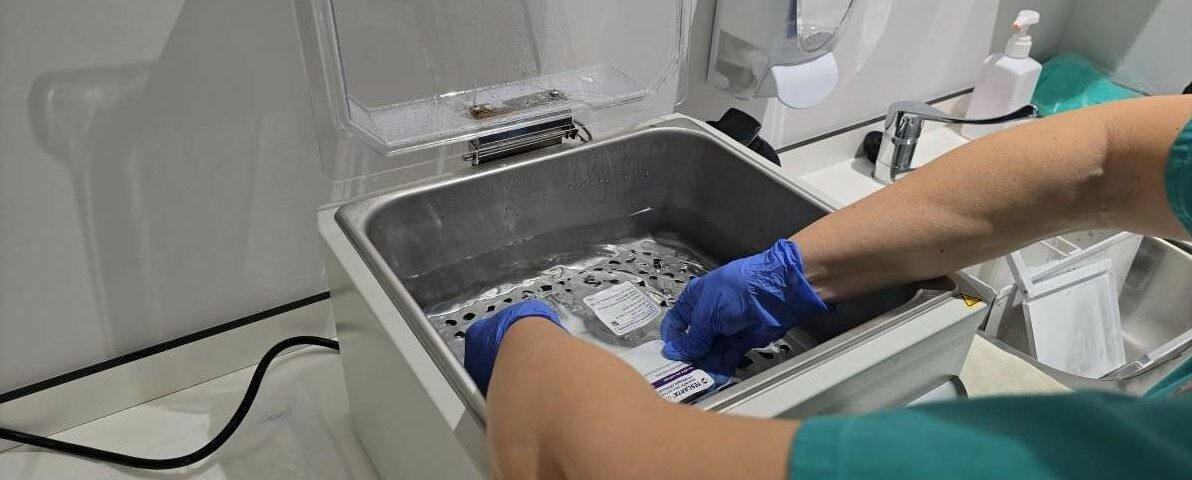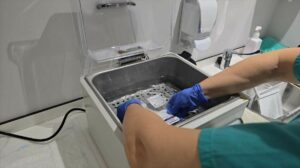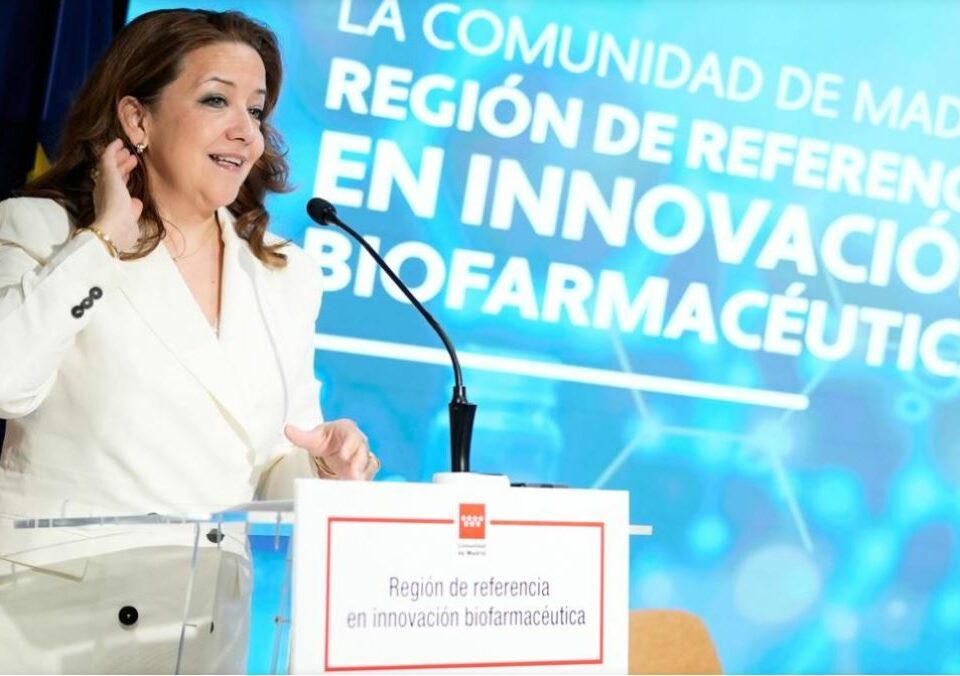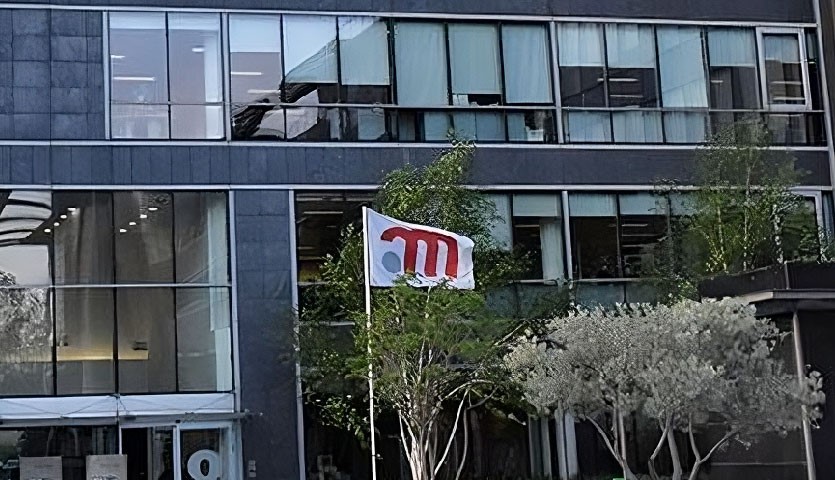Advanced therapies in lymphoma: six years of CAR-T that have changed patients’ lives

Gilead held the 6th Advanced Therapies Meeting to celebrate therapeutic advances in the treatment of lymphoma.

consalud.es
Advanced therapies are transforming the way we understand and treat serious diseases, opening up new opportunities for patients who, until a few years ago, had few effective alternatives. These treatments, based on the latest advances in biotechnology and personalised medicine, are already being used in oncology with promising results, especially in lymphomas, where they have significantly improved patient life expectancy.
In this context, and as part of World Lymphoma Day celebrated on 15 September, Gilead organised the 6th Advanced Therapies Meeting at the Madrid Medical Association on Tuesday. The event was opened by Begoña Barragán, president of the Spanish Association of Lymphoma, Myeloma and Leukaemia Patients (AEAL) and the Spanish Cancer Patient Group (GEPAC), together with Marc Obrador, senior director of Kite Spain and Portugal.
‘Offering patients the best alternative in the shortest time possible can only be achieved through teamwork.’
Obrador emphasised that meetings such as this one allow knowledge to be shared and patient access to new treatments to continue to improve. ‘Offering patients the best alternative in the shortest time possible can only be achieved through teamwork,’ he said, while highlighting that ‘CAR-T therapies have revolutionised patient treatment, significantly improving their life expectancy.’
From the patients’ perspective, Barragán shared her own experience and emphasised that she was lucky “to be treated with the best available at the time, and I am here today. It is important to see that medicine has evolved and led us to this innovation for patients who previously had no therapies to save them from cancer. Patients’ lives cannot wait for bureaucracy, but today we are satisfied to have these therapies and that they are working reasonably well.”
A BEFORE AND AFTER IN HAEMATOLOGICAL CANCER
The arrival of CAR-T therapy in Spain in 2018 marked a turning point in the treatment of haematological cancers. Over the past six years, the Plan for Advanced Therapies in the National Health System has enabled more patients to access these treatments. However, unequal access in some regions and waiting times remain key barriers.
The senior director of Kite Spain and Portugal highlighted the role of this plan as a catalyst for innovation. ‘Since its launch, the National Plan for Advanced Therapies has been key to consolidating Spain as a benchmark country in the application of CAR-T therapies. Now, in a different context and with these treatments already available to patients, the challenges have changed, although they remain highly relevant,’ he pointed out.
For his part, César Hernández, Director General of the Common Portfolio of Services of the Spanish National Health System and Pharmacy of the Ministry of Health, recalled the importance of this strategic framework. “Making this first plan in 2018 was a great idea. Advanced therapies generate a lot of expectations. It is not until the first CAR-T therapies come out that the urgency of implementing these treatments comes into focus. Since 2018, we have gone from two advanced therapies to a large number of them,” he explained.
‘We face the challenge of ensuring territorial equity, having enough accredited centres and ensuring that healthcare teams have the necessary resources.’
Even so, patients continue to face significant challenges. ‘Every day counts for a patient waiting to access a therapy that can make the difference between having a future or not. We also face the challenge of ensuring territorial equity, having enough accredited centres and ensuring that healthcare teams have the necessary resources,’ said Barragán.
During the conference, the president of AEAL highlighted the work of patient associations, which work “to accompany patients throughout the process, offering emotional and practical support. One example is the A Tu Lado programme, which provides information, personalised advice and psycho-oncological care. In addition, we cover the travel and accommodation expenses of those who need it most when they have to travel outside their city to receive treatment. No patient should have to worry about how to get to their hospital or the cost of their stay: the priority must always be their health.”
Finally, the president of the Spanish Society of Haematology and Haemotherapy (SEHH), María Victoria Mateos, highlighted the importance of coordination between all the agents involved. “CAR-T therapies have changed the prognosis for many patients with lymphoma and other haematological neoplasms, but to maximise their impact, it is essential to strengthen coordination between healthcare professionals, administrations and patient associations. Only in this way can we guarantee that each patient receives the treatment they need, at the right time,” she concluded.
TWO ROUND TABLES AT THE 6TH ADVANCED THERAPIES MEETING
The meeting featured two complementary round tables dedicated to clinical experience and national strategy regarding CAR-T therapies. In the first, experts analysed the entire patient journey, from diagnosis to treatment infusion, with a special focus on clinical selection criteria, coordination between hospitals, and logistical challenges related to transport and manufacturing. They also highlighted the importance of comprehensive support, which includes both psychological support and expectation management, along with a discussion on the management of complications, follow-up care and regional inequalities that still affect access.
The second round table focused on the new National Plan for Advanced Therapies and the steps needed to evolve from a model based on clinical excellence to one geared towards real accessibility. Among the most relevant aspects discussed were the assessment of achievements, the expansion of these therapies beyond CAR-T, the need for uniform criteria across autonomous communities, and the challenges of funding and sustainability. The experts also emphasised the importance of training multidisciplinary teams, committing to innovation and having a vision for the future in order to achieve a healthcare system in which equity and accessibility go hand in hand.
The “VI Advanced Therapies Meeting. Six Years of CAR-T in Spain” brought together leading specialists in cell therapy, patient representatives and public administration officials following the opening ceremony by Barragán and Obrador. Among them were Dr César Hernández, Director General of the Common Portfolio of Services of the National Health and Pharmacy System of the Ministry of Health; Dr José María Sánchez Pina, haematologist at the 12 de Octubre University Hospital and coordinator of the CAR-T Group of the Spanish Haematopoietic Transplant Group; Dr Laura Quintanilla, head of the Advanced Therapies Unit of the Community of Madrid; Dr María Victoria Mateos, president of the Spanish Society of Haematology and Haemotherapy; Olaya Pedreira, head of Advanced Therapies Management in the Canary Islands; Dr Ana Rosa Rubio, coordinator of the SESCAM Pharmacy Area; and Luis Bravo, deputy director of Pharmaceutical Management at the Extremadura Regional Ministry of Health and Social Services.





